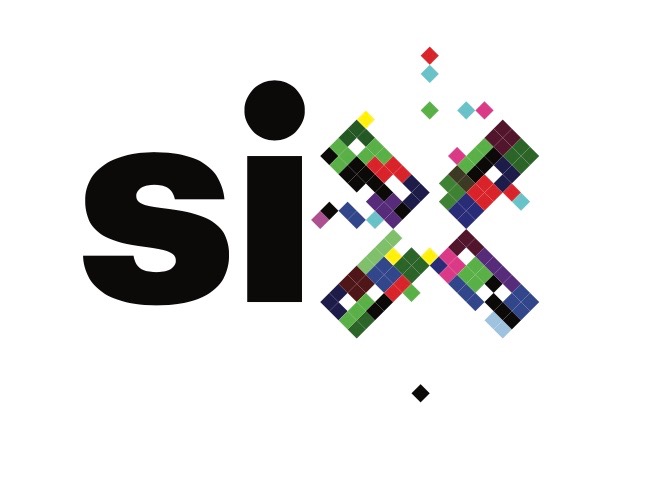
Take the High Road or Take the Low Road
By Jon Huggett
Published in SIX Wayfinder on 2017-2-8
Which way for social innovation: the high road or the low road?
By Jon Huggett, founding chair of SIX
Social innovation has taken off over the last ten years. SIX now has members all over the world. We hope that this year’s Wayfinder event shows the high road to more impact in the next ten years.
But I also fear the possibility that we’re on low road to a niche – the danger that social innovation as a concept and a movement will become too exclusive; the possibility that we’re already speaking in words that exclude without even realizing it.
Social innovation has an establishment, and we are part of it. That’s not necessarily bad. Being established hopefully means we’re retaining some of what we’re learning. But in certain ways, we are inadvertently becoming an “anti-social” establishment. If we don’t recognize the trap and break out of it, we’ll never do the things we all aspire to do.
Those of us in the business of social innovation often talk in a kind of code that people outside the establishment can’t reasonably hope to figure out. Our verbiage pushes people away, distancing us from potential allies and stakeholders: the very people who can most help to ensure that the good we intend is truly good and can spread.
Sometimes I fear the language of social innovation tries to sound superior. I hate being called a “beneficiary,” even when I am one. I’m nervous about your “intervention.” A journalist remarked to me recently, “You social innovators just like to sound clever, [but] what’s ‘cool in school’ may not make sense on the ground.”
SIX, spelled out, is Social Innovation Exchange. As chair of SIX, I spend too much time explaining what we mean by “social,” “innovation,” and “exchange.” As long as I am stuck explaining those basics, I’m not actually doing the organization’s work. I’m not sharing what we’ve learned, nor helping people get what they need. I have fallen right into the “smart talk trap,” where complicated, abstract verbiage can stop action in its tracks.
Plain words have accompanied some of the most powerful innovations. The fight to stop AIDS, for example, gave us “safe sex,” “action = life, silence = death,” and the “STOP AIDS Project.” Short, sharp words can sometimes dumb down issues, but not in this case. These were clear—and unifying; in them, progressives and conservatives could find common cause. Over time, activists, conservative drug companies, and governments worked together to develop and distribute live-saving medicine, and the death rate fell. We can now hope for an AIDS-free generation.
Steve Bediako, founder of The Social Innovation Partnership, remarked to me, “Those that talk about inequality rarely suffer it.” Friends in trouble have asked me to help them find a job, lend them money, or write to the judge when they are in court on a charge. Their problems are more immediate and pressing than the abstraction of inequality. When we use a profusion of mellifluous, multisyllabic, abstract words, we flaunt our privilege and risk alienating people who might otherwise join our cause.
2016 was—to say the least—a very strange election year. I’m a citizen of both the US and UK, and voted and campaigned on the losing side in each of my countries. In a world changed by Trump and Brexit, Wayfinder gives us a chance to keep the words short and sharp and real. Let’s grab this opportunity and do the most with it that we can.
This was adapted from “What Lessons Does Brexit Hold for Social Innovators Worldwide, published in Stanford Social Innovation Review in November.
Jon Huggett (@jonhuggett) was chair of SIX, the Social Innovation Exchange, from 2012 to 2016. He has also chaired the boards of All Out, Khulisa, the Organization for Refuge, Asylum and Migration; and The STOP AIDS Project. He currently serves on the boards of Dalberg Capital and Zitter Health Insights. Back in the day he was a Partner with The Bridgespan Group in San Francisco and New York and with Bain & Company in Johannesburg and Toronto.



